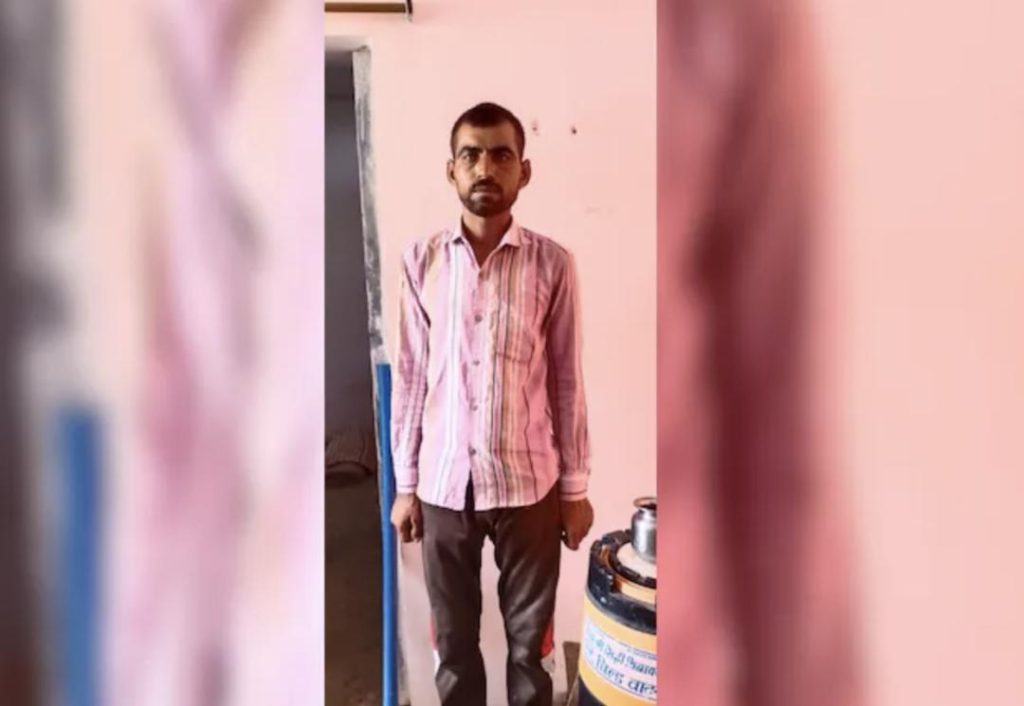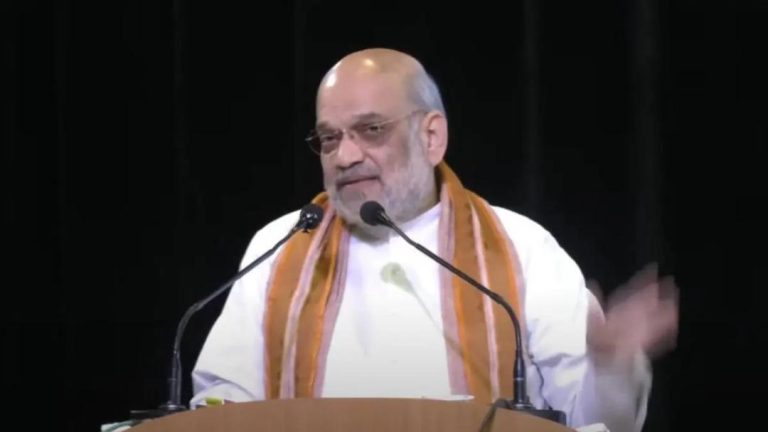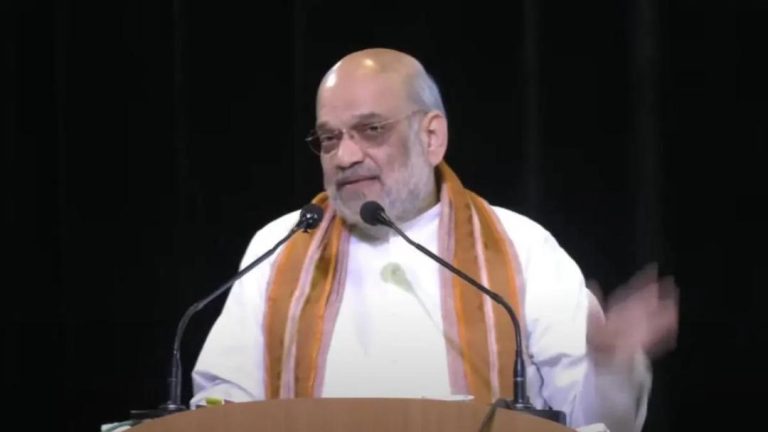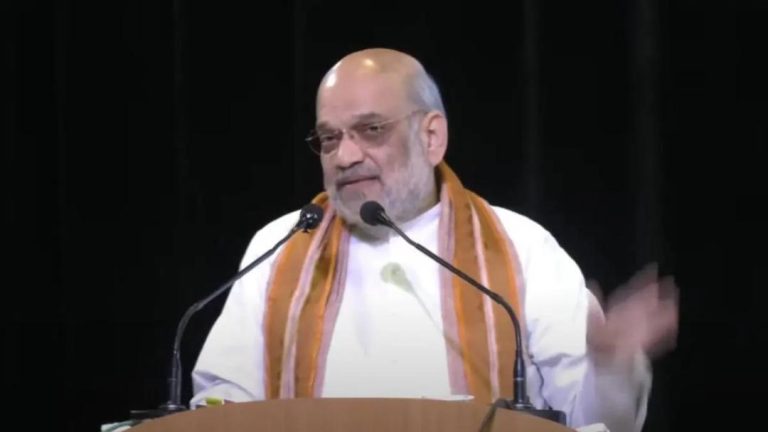
Serial Rapist Whose Death Penalty Was Cancelled Rapes & Kills 11-year-old in MP
In a shocking and disturbing incident, an 11-year-old hearing- and speech-impaired girl was allegedly raped and murdered by a 40-year-old man in Madhya Pradesh. The accused, Ramesh, had previously been convicted of multiple rapes and had even received a death sentence for one of the crimes. However, his death penalty was cancelled, allowing him to walk free and continue his reign of terror.
According to reports, the girl was playing outside her home in the Chhatarpur district when Ramesh, who was known to the family, approached her and abducted her. The police were informed of the incident, but by the time they arrived, the girl was already missing. A search party was formed, and her body was eventually found in a nearby field.
The post-mortem examination revealed that the girl had been brutally murdered, with multiple injuries suggesting a violent struggle. The police launched an investigation into the incident, gathering evidence and questioning locals. It was during this investigation that they discovered Ramesh’s involvement in the crime.
Ramesh, it turns out, had a long history of sexual crimes. In 2003, he was convicted of raping a five-year-old girl and spent 10 years in jail for the crime. However, he was released in 2013 and went on to commit another heinous crime. In 2014, he was convicted of raping an eight-year-old girl and received a death sentence. However, his death penalty was cancelled, allowing him to walk free once again.
The cancellation of Ramesh’s death penalty has sparked outrage among the public, with many questioning the justice system’s ability to protect its citizens. How could a serial rapist and murderer be allowed to walk free, only to commit another heinous crime? The incident highlights the urgent need for reform in the country’s justice system.
The police have arrested Ramesh and are currently investigating the circumstances surrounding the crime. The family of the victim is demanding justice and seeking punishment for the accused. The incident is a stark reminder of the need for greater awareness and action against sexual crimes, particularly those committed against children.
The Protection of Children from Sexual Offences (POCSO) Act, which was enacted in 2012, is designed to protect children from sexual abuse and exploitation. However, cases like Ramesh’s highlight the need for greater enforcement and stricter punishments for those who commit such crimes.
The incident has also raised questions about the effectiveness of the justice system in India. How can a serial rapist and murderer be allowed to walk free, only to commit another crime? The cancellation of Ramesh’s death penalty has sparked outrage among the public, with many calling for greater accountability and transparency in the justice system.
The Indian Express reports that Ramesh was arrested from Kumbh, a holy city in Uttar Pradesh, where he had escaped after committing the crime. The police were able to track him down with the help of local authorities and have since been investigating the circumstances surrounding the crime.
The incident is a stark reminder of the need for greater awareness and action against sexual crimes, particularly those committed against children. It is essential that the government and law enforcement agencies take immediate action to ensure that such crimes are prevented in the future.
In conclusion, the case of Ramesh, the serial rapist and murderer who was allowed to walk free despite his previous convictions, is a stark reminder of the need for greater awareness and action against sexual crimes. The cancellation of his death penalty has sparked outrage among the public, and it is essential that the government and law enforcement agencies take immediate action to ensure that such crimes are prevented in the future.



